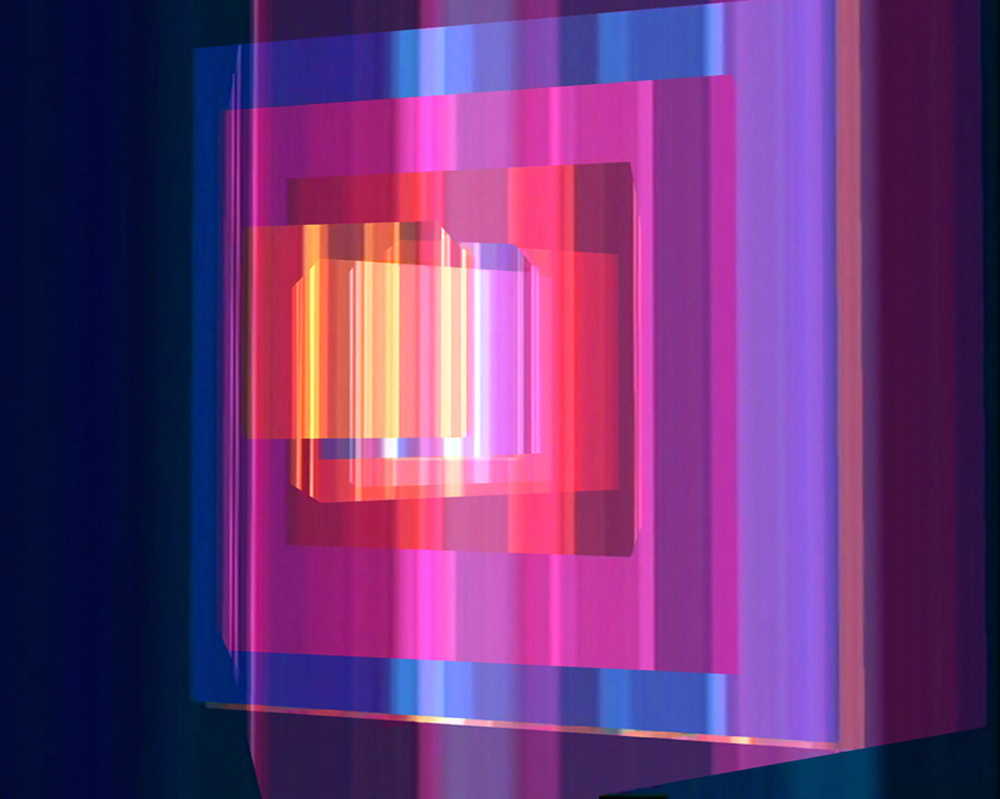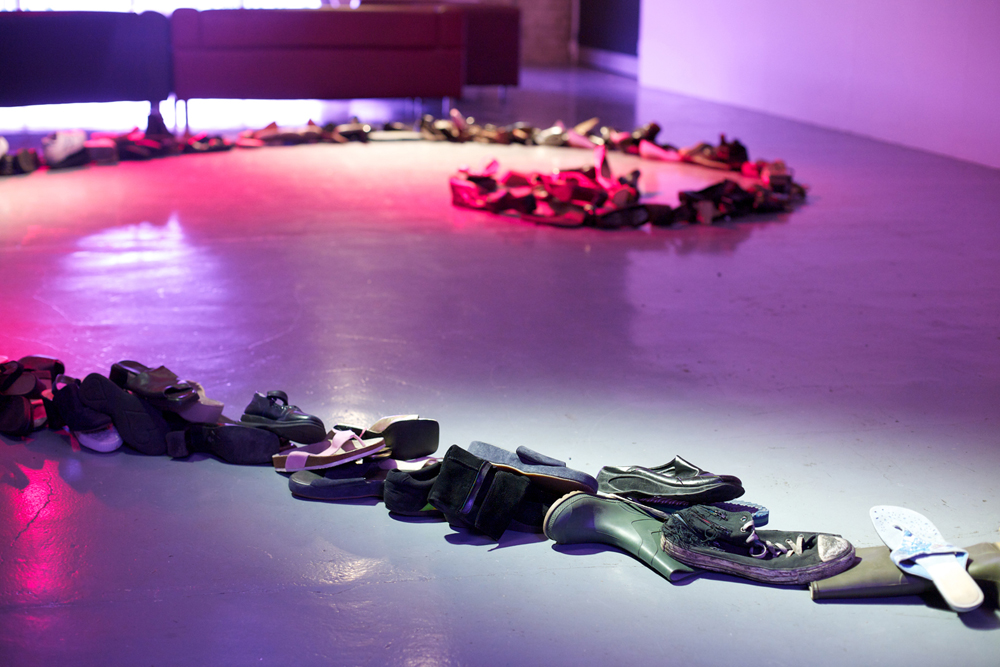
Film Programme 1: Colour
Jennifer Reeves Various Artists Ian Helliwell Yasunao Tone
A glance at both analogue and digital processes; the clarity and precision of digital colour or the yawning, endless depth of dye and emulsion, our programme celebrates how both approaches revel in colour, saturation, hue and tone.













